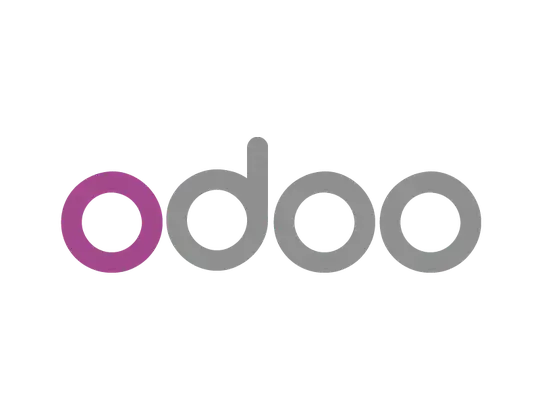Odoo was formerly known as OpenERP.

Odoo was formerly known as OpenERP until May 2014. It was rebranded because version 8 of the software included apps including website builder, e-commerce, point of sale and business intelligence. The software conforms to standard expectations of ERP systems, while providing additional modules beyond the coverage of traditional ERP systems.
Odoo s.a. provides a web site referencing the officially supported modules as well as community modules. Community modules can be referenced for free as long as they respect the open source licence of Odoo. As of June 2014, the number of Odoo apps reached more than 4000.
Module development mainly relies around editing Python and XML files. Some application logic (i.e. workflows and data structure) can be changed through the client interface using a developer mode.
The official Odoo apps are organized in 6 groups:
- Front-end apps: website builder, blog, e-commerce
- Sales management apps: CRM, point of sales, quotation builder
- Business operations apps: project management, inventory, manufacturing, accounting and purchase
- Marketing apps: mass mailing, lead automation, events, survey, forum, live chat
- Human Resources apps: employee directory, enterprise social
network, leaves management, timesheet, fleet management - Productivity apps: business intelligence, instant messaging, notes
The software is actively programmed, supported, and organized by OpenERP s.a.. Odoo is similar to many open source projects where customized programming, support, and other services are also provided by an active global community and a network of 500 official partners.